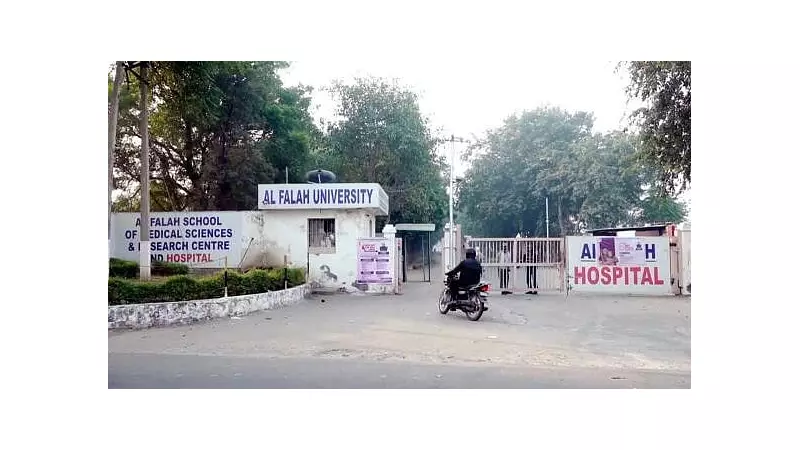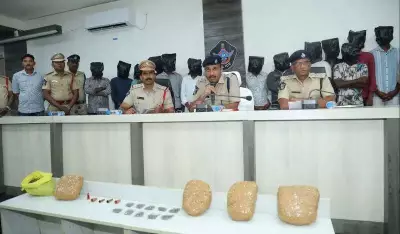
Investigative sources have revealed disturbing connections between a Haryana-based educational institution and terrorist activities, uncovering a network that spans over a decade. Al Falah University in Faridabad has been identified as having long-standing associations with terror groups, according to confidential information obtained by authorities.
The Bomber Connection
Fugitive Indian Mujahideen operative Mirza Shadab Baig, who remains wanted for his involvement in multiple explosions across India in 2008, was formally enrolled as a student at the Faridabad-based university. This revelation places the educational institution under intense scrutiny as security agencies piece together the extent of its involvement with terrorist elements.
The 2008 bombings for which Baig is wanted represented one of the most devastating terror campaigns in recent Indian history, causing widespread casualties and creating national security concerns that persist to this day.
Recent Arrests and Expanding Investigation
Security agencies have recently intensified their probe into the university's operations after several doctors associated with Al Falah University were taken into custody in connection with the Delhi blast case. These medical professionals, whose identities remain protected due to the ongoing investigation, are believed to have provided various forms of support to terrorist operations.
The arrests have prompted a broader examination of the university's faculty, administration, and student body, with investigators seeking to determine whether these connections represent isolated incidents or indicate systematic infiltration by extremist elements.
Institutional Scrutiny and Security Implications
The emergence of these connections has raised serious questions about the monitoring of educational institutions and their potential exploitation by terrorist networks. Al Falah University now faces comprehensive investigation from multiple security agencies seeking to unravel the full scope of these concerning relationships.
Security experts emphasize that the case highlights the evolving strategies of terrorist organizations, which increasingly seek to establish footholds within legitimate institutions to facilitate their operations and provide cover for their members.
As the investigation continues, authorities are examining financial records, communication networks, and institutional relationships that may reveal additional connections to terrorist activities. The case has prompted calls for enhanced vigilance and monitoring mechanisms within educational institutions nationwide.





